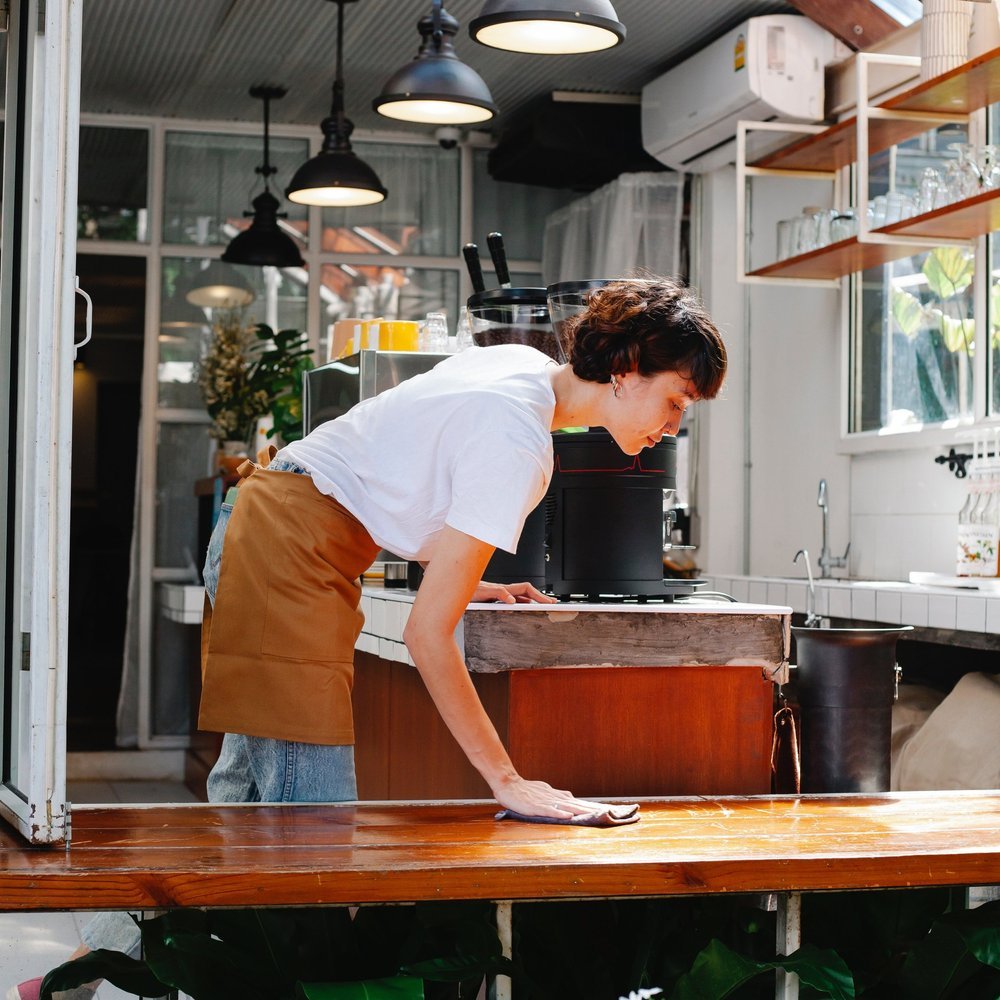Not So Hospitable
WORDS BY TAHLIA DILBEROVIC.
‘If you work in hospitality it should be the bare minimum to be safe in your workplace.’
This is what Jamie Bucirde tells me, just weeks after launching Not So Hospitable - an Instagram page that hosts the testimonies of hundreds of Adelaide’s hospitality workers surrounding their experiences with sexual violence in their workplaces. Four days after its launch, the page had received over 200 submissions.
I interviewed Jamie back in August of 2022, so some may say I’ve missed the opportunity to break a story here. In fact, since launching Not So Hospitable, Jamie has received coverage from a range of news outlets, hosted webinars in collaboration with the Working Women Centre and worked with government bodies to advocate for legislative change to create safer working conditions and accessible trainings for venues.
But the most important part of all this is the conversations the page was meant to spark – and that dialogue needs to be ongoing.
Sexual violence is a worker’s rights issue – and it is one that we need to start taking seriously, and collectively organising against. One of Jamie’s key suggestions for doing so is the creation of a role akin to a COVID-19 Marshall. She believes that ‘all hospitality venues should undergo sexual harassment and abuse (SHSA) training within the workplace’ and that ‘you shouldn’t be able to operate as a venue without it. This training would cover ‘how to identify toxic workplace behaviour, how to report it, and how to make sure your report has been taken seriously’. However, sexual violence, and, of course, the general exploitation and abuse of workers, in Adelaide’s hospitability industry is also inextricably linked to broader working conditions – namely, the precarious nature of hospo work. It is this culture that Jamie argues ‘helps perpetuate abuse’.
The Working Women Centre published a report in 2022 entitled ‘The Protective Power of Job Security’, that effectively outlines the ways in which casual workers hold less power in workplaces, possess less security in their jobs and are therefore more vulnerable to gendered violence. As Emma Johnson of the Working Women Centre puts it, ‘precarious workers will put up with things like sexual harassment at work as raising their right would cause the loss of the only pay they have’. This is compounded by the fact that ‘the systems in place aren’t actually designed to protect people, they are created to silence us’, as Jamie argues.
The systems we have, created and perpetuated by bosses, are not meant to serve workers; and in the absence of this, we must find new ways to protect each other and create alternate mechanisms for safety and justice within our communities; while continuing to place pressure on those who do hold power. Not So Hospitable is a key example of how this can be accomplished in a way that pushes the most affected voices to the forefront; and that is why, six months on, I am still writing about an Instagram page.
If you want to find out more and show your support, go visit the Instagram page @notsohospitable
EDITORIAL NOTE: This article has been reuploaded and was originally published in 2023.
